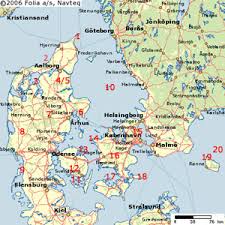
A recent Goldman Sachs report on the Waxman-Markey climate bill confirms it would result in one of the largest commodity markets in the world subject to significant speculation and have relatively marginal impacts on the renewable power industry.
A Goldman Sachs report on the Waxman-Markey climate bill, recently issued to Goldman Sachs' clients, confirms Breakthrough Institute analysis showing the legislation would result in one of the largest commodity markets in the world subject to significant speculation by financial firms, and would have relatively marginal impacts on the renewable power industry.
Titled "Carbonomics: Measuring impact of US carbon regulation on select industries" (not publicly accessible), the report concludes that "A new carbon market presents a major opportunity for exchanges and clearinghouses, especially as more allowances and offsets trade over time."
In a section titled "Carbon exchanges -- build it, and they will (must) come to trade," it estimates the bill would grow the global carbon market to become one of the largest in the world, with trading volume of 175 to 263 million contracts per year -- larger than the oil and gas markets combined and approximately the third largest commodity market in the world after U.S. interest rates and stock indexes. The analysts estimate the profit margin for financial firms resulting from this new carbon market could reach $2 billion per year globally.
Read the full story ............more



